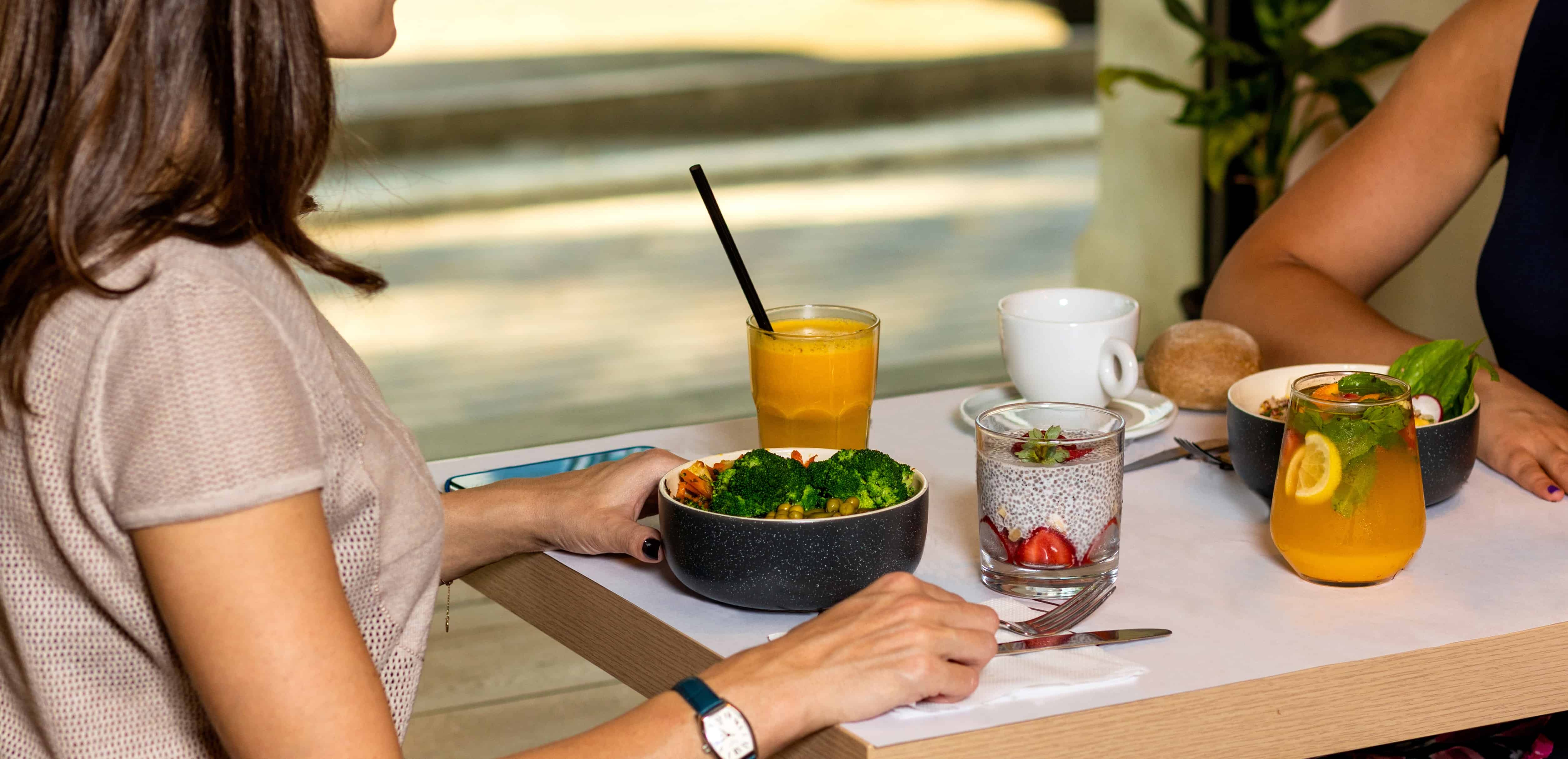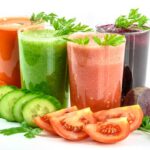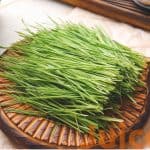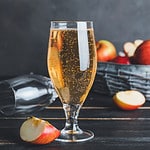Juice it Up: The Pros and Cons of Juicing
As healthy eating and living have become increasingly popular in recent years, so have juicing vegetables and fruit for their purported health benefits. But is juicing really as healthy as people claim?
Are there any potential pitfalls to watch out for? If you’re considering adding juicing to your diet or lifestyle, it’s important to weigh the pros and cons to see if it’s right for you. The benefits of juicing include getting more vitamins, minerals, and antioxidants into your diet.
It can also help you boost your intake of important nutrients. It can also help you increase your intake of fruits and vegetables, which are essential for good health. However, juicing also has some potential drawbacks.
For example, juicing can remove some beneficial fiber from fruits and vegetables. This can cause blood sugar levels to rise sharply and can be problematic for people who already have difficulty regulating their blood sugar.
Giving Up Insoluble Fiber Is Not Healthy
Fiber is a roughage that benefits food’s efficient and smooth digestion as it moves through our system. When you juice fruits and vegetables, you destroy most of the insoluble fiber during the pulverization process. Pulverizing the fruit or vegetable actually destroys most of the insoluble fiber content.

This is different with smoothies that retain all parts of the vegetable and fruit blended with the fiber. However, juicing does include lots of soluble fiber, which is also critical for digestive health.
This loss of insoluble fiber also means that when you drink juice, your body is not feeling as full or as satisfied as it would if the fiber was present. Clearly, this may have implications for those who are trying to lose weight.
Getting A Rush Of Blood Sugar
As your fruits are pulverized and lose that insoluble fiber, they release fructose content that is usually bound up in the fiber and digested slowly. Releasing it into the juice this way means that your body can absorb it much more rapidly. And that you are ingesting a huge amount of natural sugars in one hit.
This spikes your blood sugar levels and can be dangerous for those who have diabetes. Juicing with mostly fruits will increase your sugar intake and potentially lead to weight problems. This is the opposite of what we are often told about juicing and its health benefits.
This is why experts recommend using a ratio of 80% to 20% vegetables to fruits in all recipes or even 90% to 10%. This allows you to use fruit for flavor and not as the main star, so you get all the nutrients of vegetables and an added boost in taste.
The Non-Benefits of Nude Food
There’s a good reason why we cook our vegetables and sometimes our fruits. Cooking plant-based foods help break down the plant cell walls and release certain nutrients trapped there. When you juice, these cell walls are not broken down, and some essential nutrients are unavailable for absorption by your body.
When we cook our own vegetables, we also get the opportunity to add healthy fats. This is because fat helps our bodies absorb vital nutrients. Including vitamins K, A, D, and E. By ensuring that our diet includes healthy fats, we can help our bodies function properly and get the nutrients we need.
Cooking food properly is essential for human health, as it can help to kill off harmful bacteria and improve the nutrient content of meals. It’s no accident that humans have been cooking food for many thousands of years and surviving. Over time, humans have developed a great deal of knowledge about how to cook various types of food, ensuring that our meals are delicious and nutritious.
Juicing Is A Waste Of Food – Removes Fiber From Fruits And Vegetables.
It takes about 12 apples to make a single large apple juice. That’s a lot of apples! Most of us wouldn’t eat 12 apples in a row to get some of the health benefits from them. In fact, we’d likely be feeling full after only 2 apples.
This tells us that juicing strips most of the essential fibers from fruits and vegetables and eats up many fruit and vegetable resources to make a few juices! Suppose you had one fruit and vegetable juice every morning. Can you imagine how many fruits and vegetables you would use yearly? It’s a process that gets expensive very quickly.
Is Juicing Really So Good?
While juicing does have some potential downsides, the health benefits of incorporating fresh juice into your diet outweigh the cons. Even when you consider the potential drawbacks of juicing, such as the loss of essential fiber, the process is still generally regarded as healthy.
This is especially true for those who don’t have the time to eat whole vegetables or may be missing essential nutrients in their diet. So, juicing is an excellent option if you’re looking to boost your nutrient intake. Just be sure to drink in moderation and to pair your juices with a healthy diet full of whole foods.



